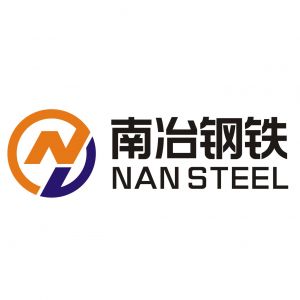Effect of Coating on Straight Seam Steel PipePosted by chase Liu on July 25th, 2023 Straight seam steel pipe is a welded steel pipe whose weld seam is parallel to the longitudinal direction of the steel pipe. It is usually divided into metric electric welded steel pipe, electric welded thin-walled pipe, transformer cooling oil pipe (octg pipe) and so on. The production process of straight seam welded pipe is simple, the production efficiency is high, the cost is low, and the development is rapid. According to the production process, straight seam steel pipes can be divided into high frequency straight seam steel pipes (ERW pipes) and submerged arc welded straight seam steel pipes (LSAW pipes). The application of coatings on straight seam steel pipes can have several beneficial effects, especially in terms of protecting the pipe from corrosion and improving its performance in various environments. Here are some of the key effects of coatings on straight seam steel pipes: 1.Corrosion Protection: One of the primary purposes of applying coatings on steel pipes is to protect them from corrosion. Coatings act as a barrier between the steel surface and corrosive elements in the surrounding environment, such as moisture, chemicals, and salts. This protection is particularly crucial for steel pipes used in industries like oil and gas, water distribution, and infrastructure, where exposure to corrosive substances is common. 2.Extended Service Life: By providing corrosion protection, coatings help extend the service life of straight seam steel pipes. Corrosion can lead to pipe degradation and failure over time, but coatings can significantly slow down the corrosion process and increase the longevity of the pipes. 3.Enhanced Performance: Coatings can improve the overall performance of straight seam steel pipes by reducing frictional losses during fluid transportation. This can lead to improved flow efficiency and energy savings in applications like oil and gas pipelines. 4.Smooth and Uniform Surface: Coatings create a smooth and uniform surface on the steel pipe, which can reduce the risk of localized turbulence or fluid entrapment during flow, preventing potential corrosion spots. 5.Resistance to Abrasion and Wear: In applications where the steel pipe is exposed to abrasive materials or mechanical stresses, certain coatings can provide resistance to abrasion and wear, thereby protecting the pipe's integrity. 6.Chemical Resistance: Some coatings are designed to resist the effects of specific chemicals, making them suitable for pipes used in chemical processing, industrial plants, or areas where exposure to aggressive substances is a concern. 7.Heat Resistance: In high-temperature applications, heat-resistant coatings can protect the steel pipe from thermal degradation and maintain its structural integrity. 8.Ease of Inspection: Coatings can provide visual indications of any damage or degradation on the pipe's surface. By regularly inspecting the coating's condition, engineers can assess the pipe's health and identify potential issues early on. 9.Reduced Maintenance Costs: Properly applied and maintained coatings can reduce the need for frequent maintenance and repair, resulting in cost savings over the pipe's service life. 10.Environmental Protection: Coatings can prevent the release of harmful substances from the steel pipe into the environment, contributing to environmental protection and compliance with regulations. It's essential to choose the appropriate coating based on the specific application, environmental conditions, and the type of steel being used. Regular inspection and maintenance of the coatings are also essential to ensure their continued effectiveness in protecting the straight seam steel pipes. Like it? Share it!More by this author |


